Oman is not a regional or offshore financial center and does not have significant money laundering or terrorist financing concerns. Due to its location on the tip of the Strait of Hormuz, Oman is home to a small number of smugglers operating between Musandam, the northern-most exclave of Oman, and Iran. Omani authorities are aware that growing Iranian overtures toward Oman for increased trade and engagement may create conditions for AML/CFT concerns. Trade is generally financed in small amounts of cash and features mainly consumer goods. There is no indication this activity is tied to terrorist financing. There is also a small amount of narcotics trafficking in Oman, although the government is proactive in tracking and prosecuting drug traffickers. Sources of illegal proceeds are generally small and derived from smuggling or drug trafficking activities. Smugglers are generally Iranian while drugs are trafficked by Omani citizens. Oman-based hawaladars that have been involved with illicit transfers for terrorist financing purposes have been closed down by Omani authorities. Corruption, primarily in the form of cronyism or insider operations, remains a concern.
Money laundering is centered in the formal financial system, rather than in the port free zones or informal sector. In 2011 the Central Bank of Oman licensed Islamic Banking. There is no offshore financial center in Oman.
KNOW-YOUR-CUSTOMER (KYC) RULES:
Enhanced due diligence procedures for PEPs:
A PEP is an abbreviation for Politically Exposed Person, a term that describes a person who has been entrusted with a prominent public function, or an individual who is closely related to such a person. The terms PEP, Politically Exposed Person and Senior Foreign Political Figure are often used interchangeably
- Foreign PEP: NO
- Domestic PEP: NO
Oman – KYC covered entities
The following is a list of Know Your Customer entities covered by Omani Law:
- Banks
- Foreign exchange companies
- Investment and credit companies
- Insurance companies
- Companies and individuals providing financial services
- Stock and securities brokers
- Real estate brokers
- Dealers in precious metals and stones
- Notary publics
- Lawyers and accountants
Oman – Suspicious Transaction Reporting (STR) Requirements:
Number of STRs received and time frame: Not available
Number of CTRs received and time frame: Not available
The following is a list of STR covered entities covered by Omani Law:
- Banks
- Foreign exchange companies
- Investment and credit companies
- Insurance companies
- Companies and individuals providing financial services
- Stock and securities brokers
- Real estate brokers
- Dealers in precious metals and stones
- Notary publics
- Lawyers and accountants
MONEY LAUNDERING CRIMINAL PROSECUTIONS/CONVICTIONS:
Prosecutions: Not available
Convictions: Not available
ENFORCEMENT AND IMPLEMENTATION ISSUES AND COMMENTS:
The Government of Oman (GOO) has been improving its AML/CFT regime, beginning with a 2010 overhaul of its legislation. To implement the 2010 law, Oman has retooled its legal, regulatory and enforcement mechanisms. In response to corruption issues, the government empowered the State Audit office with greater investigatory power.
Currently Oman‘s financial intelligence unit (FIU), located within the Royal Oman Police, receives few STRs from non-bank entities. In practice, about 95% of STRs are received from banks, mostly foreign. The FIU does not have access to daily transaction flows via the Central Bank database. The FIU recognizes its lack of capacity in forensic analysis, compromising its ability to analyze financial data and seriously pursue AML cases. The Omani government openly discusses its AML/CFT enforcement efforts, although it does not publish information regarding suspicious transactions and criminal prosecutions. The Financial Investigations Unit in the Royal Oman Police is the responsible entity for enforcing AML/CFT laws and regulations, and law enforcement authorities generally respond to requests for assistance from foreign counterparts.
Under the 2010 AML/CFT law, Oman introduced a declaration system for bulk cash, bearer negotiable financial instruments, and precious metals and stones, requiring all amounts over OMR 6,000 (approximately $15,600) or its equivalent to be declared to the authorities. However, Omani authorities, from the FIU to law enforcement, have no central database; more than 70 databases currently receive and analyze different data sets with no connectivity.
Oman issued Royal Decree 104/2011 on October 23, 2011 ratifying the International Convention for the Suppression of the Financing of Terrorism; Oman became a party to this convention on November 10, 2011.
To enhance their operational capabilities, the Omani authorities should hasten efforts to finalize steps aimed at empowering the FIU and law enforcement authorities. These authorities should undertake training to improve analytical and investigatory capacity. The FIU should perform outreach to non-bank financial institutions to improve reporting from the non-bank sectors. It is critical that the GOO enhance and integrate its databases to ensure access by the Omani interagency authorities to the information stored in them. The GOO also should require enhanced due diligence procedures for politically exposed persons, and collect and publish statistics indicating numbers of STRs, prosecutions, investigations and convictions in line with international standards. The GOO should ratify the UN Convention against Corruption.



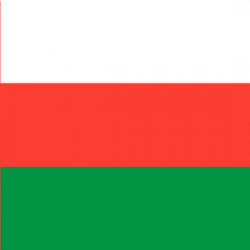
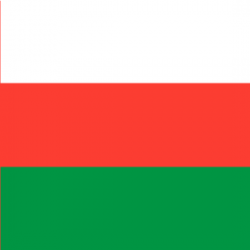
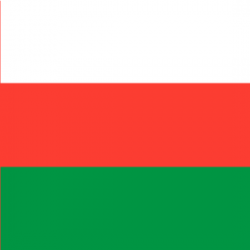
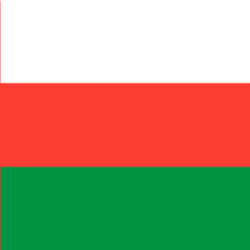
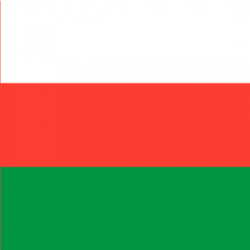
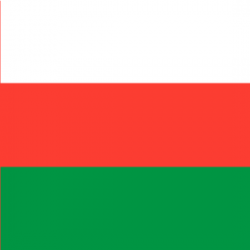
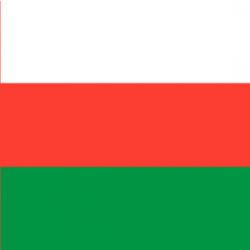
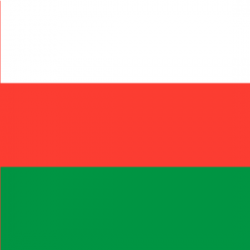
 We will not leak your personal information
We will not leak your personal information